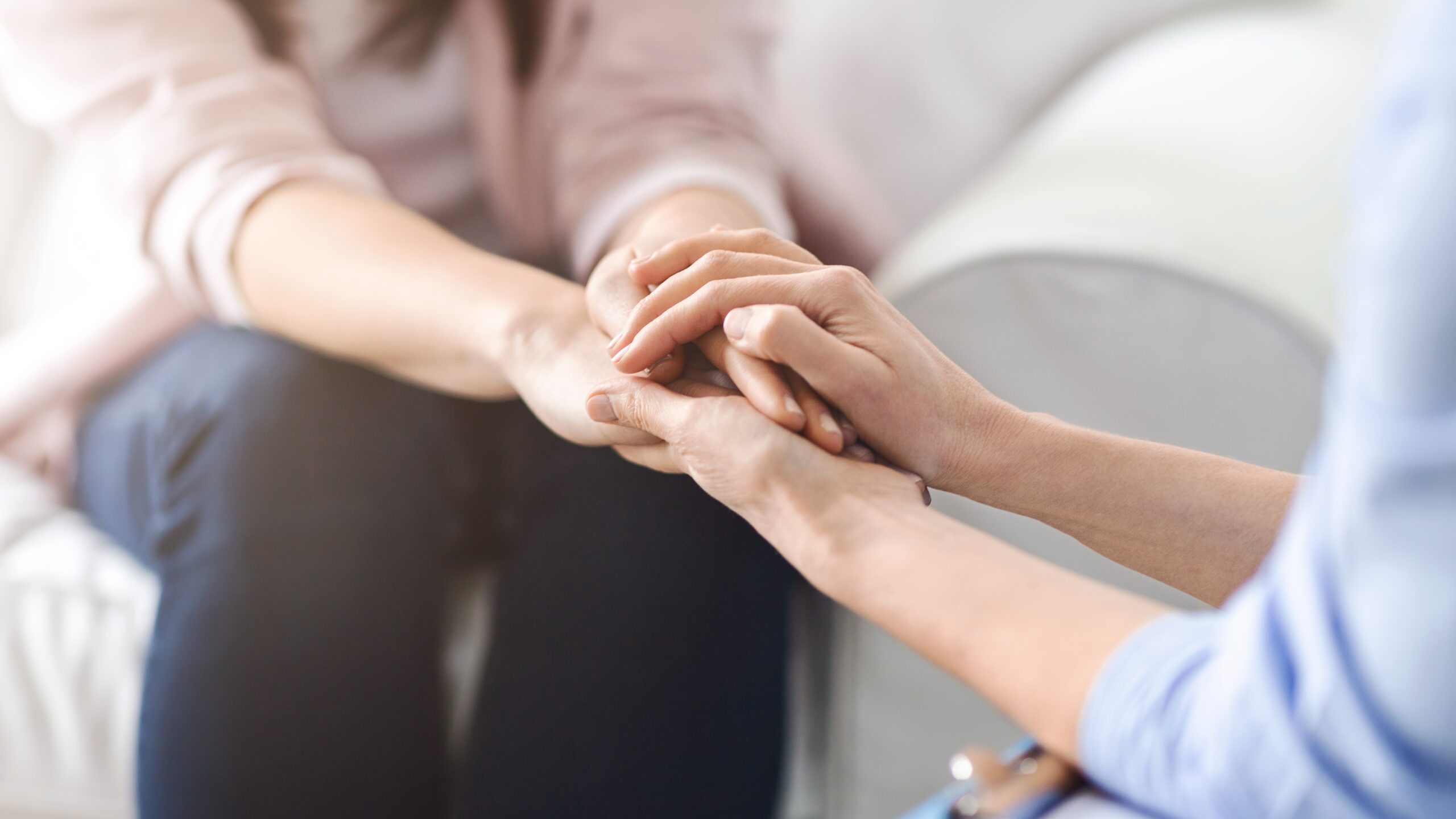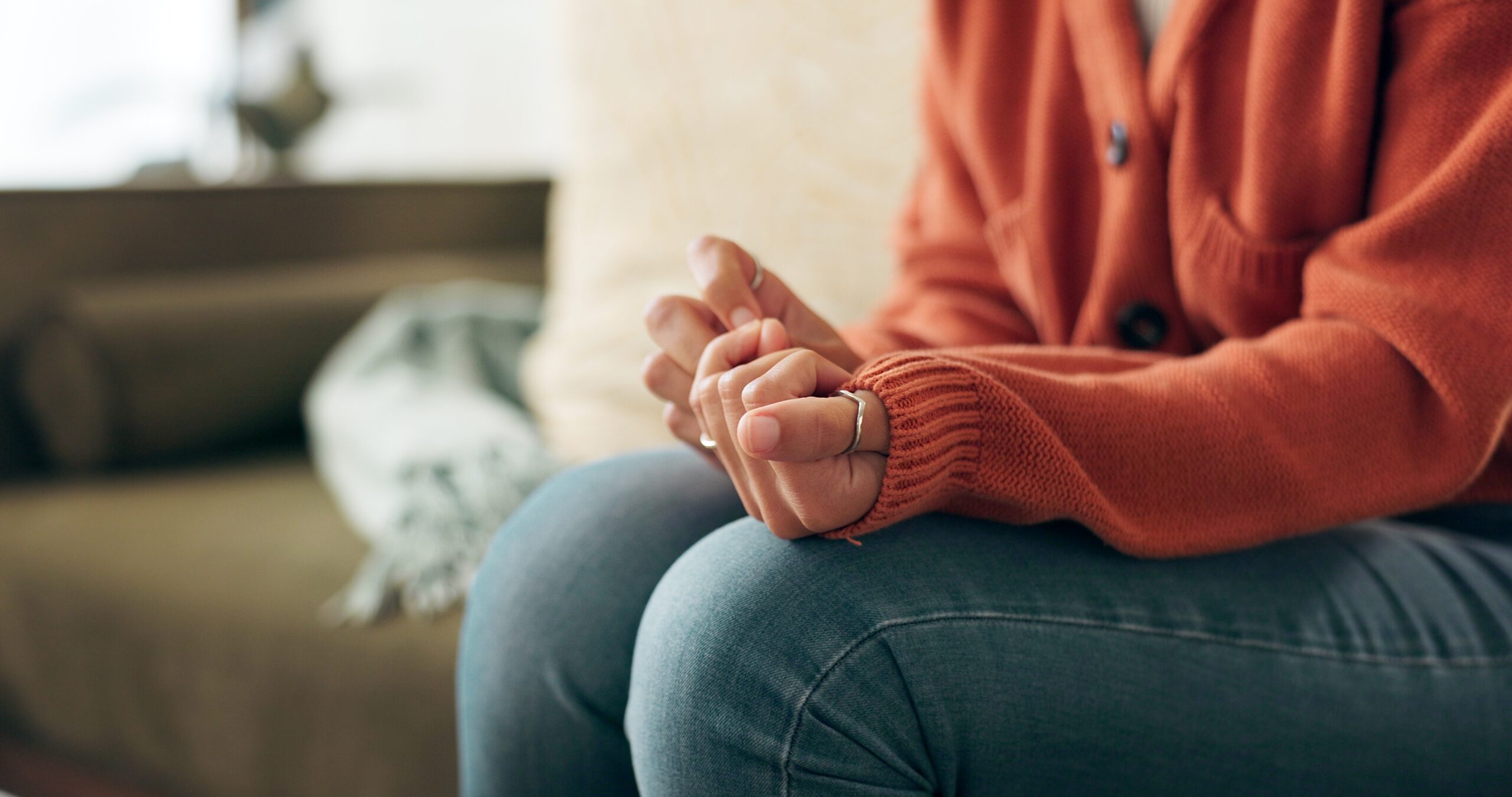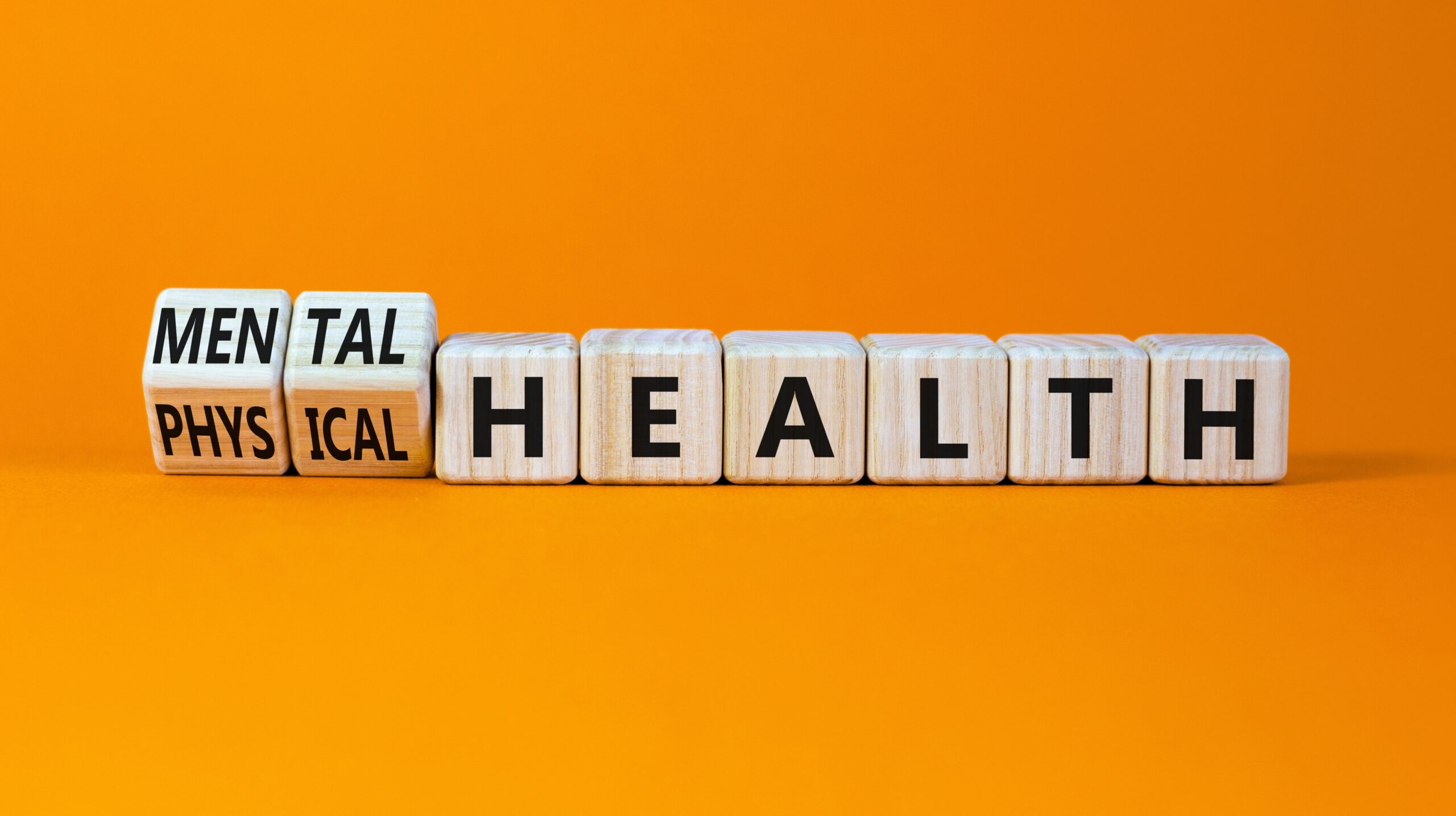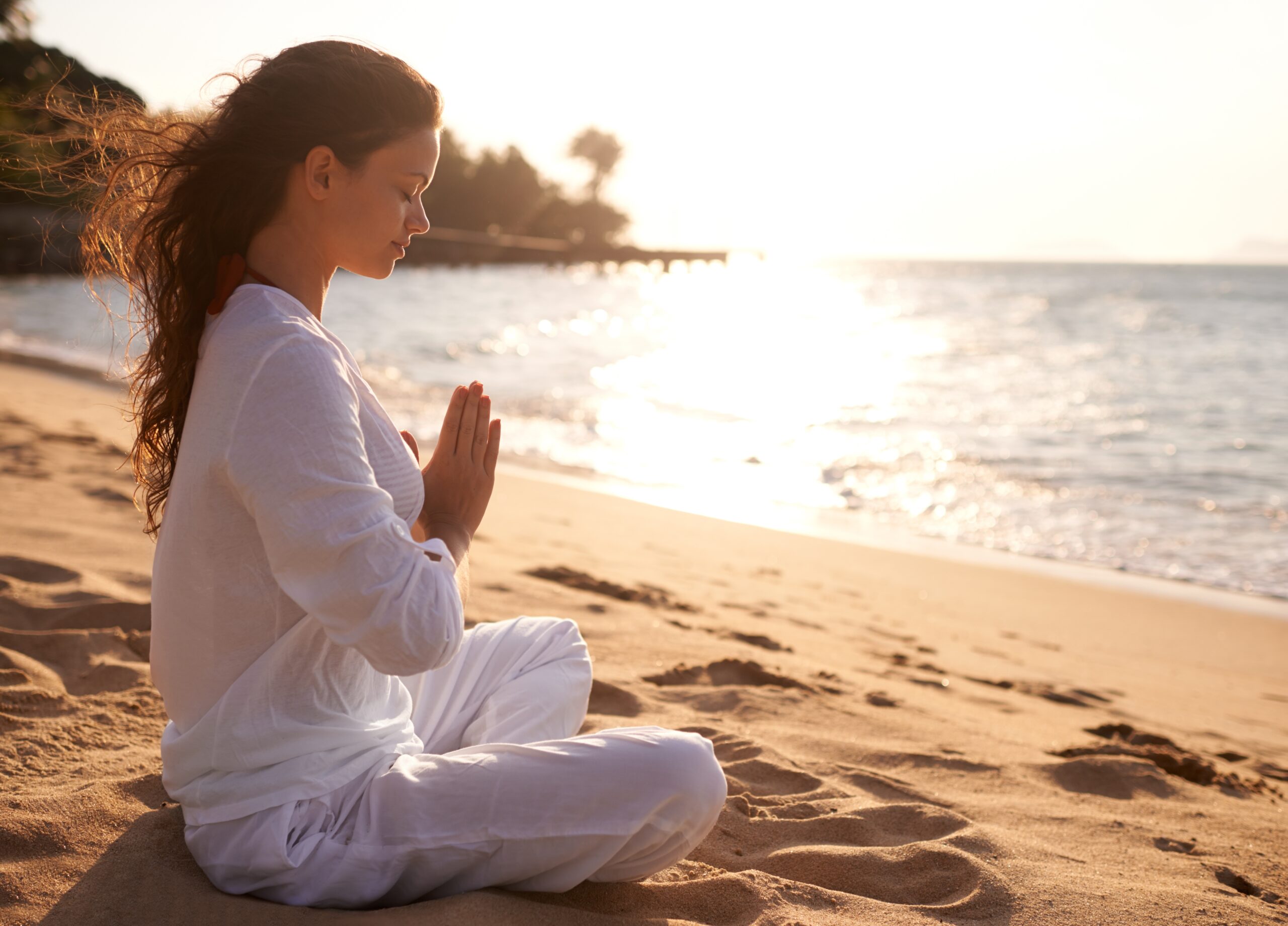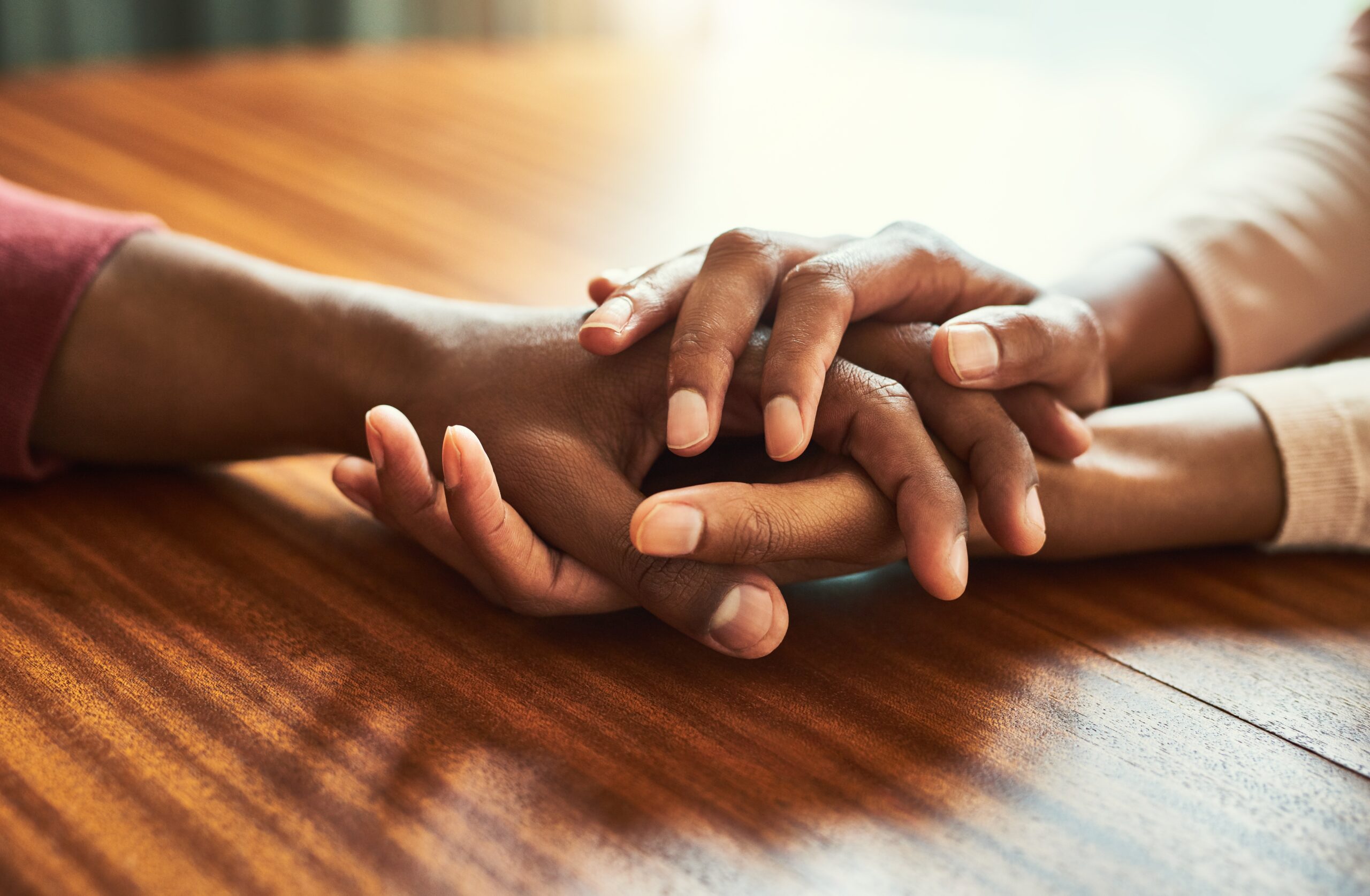When we think about mental health, we often focus on therapy, medication, meditation, or self-care routines. But there’s something just as powerful — and often more accessible: community. Whether it’s a group of friends, family, neighbours, a support group, or even online connections, a sense of belonging plays a huge role in our mental wellbeing. This article explores why community matters, how it supports emotional health, and simple ways to build or strengthen yours — no massive social circles required.
Outline
- What Do We Mean by “Community”?
- Why Connection Is Crucial for Mental Health
- How Community Supports Mental Wellness
- Types of Communities That Can Help
- How to Find or Build Your Own Supportive Community
- What If You’re Introverted or Socially Anxious?
- Final Thoughts: You Don’t Have to Do It Alone
What Do We Mean by “Community”?
A community doesn’t have to be a big group. It’s any network of people where you feel safe, supported, and seen.
It could be:
- A group of close friends
- Your family (biological or chosen)
- Colleagues who check in with you
- A faith group or volunteer team
- An online forum or mental health app group
- A book club, sports team, or local hobby group
Community is less about numbers — and more about connection.
Why Connection Is Crucial for Mental Health
Humans are wired to connect. It’s not just emotional — it’s biological.
Social connection helps:
- Lower stress and cortisol levels
- Increase oxytocin (the “feel good” hormone)
- Reduce anxiety, loneliness, and depression
- Improve sleep, focus, and motivation
- Boost self-worth and resilience
💬 Even brief moments of connection — a chat with a neighbour, a kind text — can make a big difference.
How Community Supports Mental Wellness
Community doesn’t “fix” mental health problems — but it makes coping easier and healing more sustainable.
Ways community helps:
- Validation – Feeling heard and understood
- Perspective – Seeing you’re not alone
- Accountability – Encouragement to stay on track
- Practical help – Meals, lifts, company during hard times
- Belonging – The powerful reminder that you matter
🌱 Being part of something reminds us that we’re more than our symptoms.
Types of Communities That Can Help
Supportive friends and family
Sometimes just one or two people who “get it” can be everything.
Support groups
Mental health-specific groups (in-person or online) for people going through similar experiences.
Faith or spiritual communities
Shared values and rituals can offer comfort and grounding.
Wellness and hobby groups
Yoga, crafts, running clubs — shared activities build connection naturally.
Online communities
Spaces like Reddit, Discord, mental health apps or Instagram pages that feel supportive and safe.
The best community is the one where you can show up as your real self.
How to Find or Build Your Own Supportive Community
You don’t have to wait for connection to land in your lap — you can create it.
💡 Start here:
- Join a group that interests you (book clubs, fitness classes, creative meetups)
- Volunteer — shared purpose creates quick bonds
- Be the one to check in first (“Hey, just thinking of you!”)
- Attend local workshops, talks, or events
- Reach out to people online who seem like-minded
- Explore mental health peer support apps or groups
Building community takes time — but one small interaction can be the start of something meaningful.
What If You’re Introverted or Socially Anxious?
You don’t have to be loud or outgoing to build connection.
Try:
- Smaller or one-on-one settings
- Online groups where you can engage at your pace
- Structured activities with a shared focus (e.g., board games, study groups)
- Practising gentle boundaries — connection doesn’t mean constant availability
💬 You’re allowed to connect in a way that feels safe, slow and sustainable.
Final Thoughts: You Don’t Have to Do It Alone
Healing doesn’t happen in isolation. And while solitude has its place, we all need moments of togetherness — of being held, heard, and reminded that we matter.
You are not a burden. You are a human being — and humans need each other.
So whether it’s a friend, a group, or a quiet community of listeners online — reach out. The right people won’t just hear you… they’ll hold space for you.


